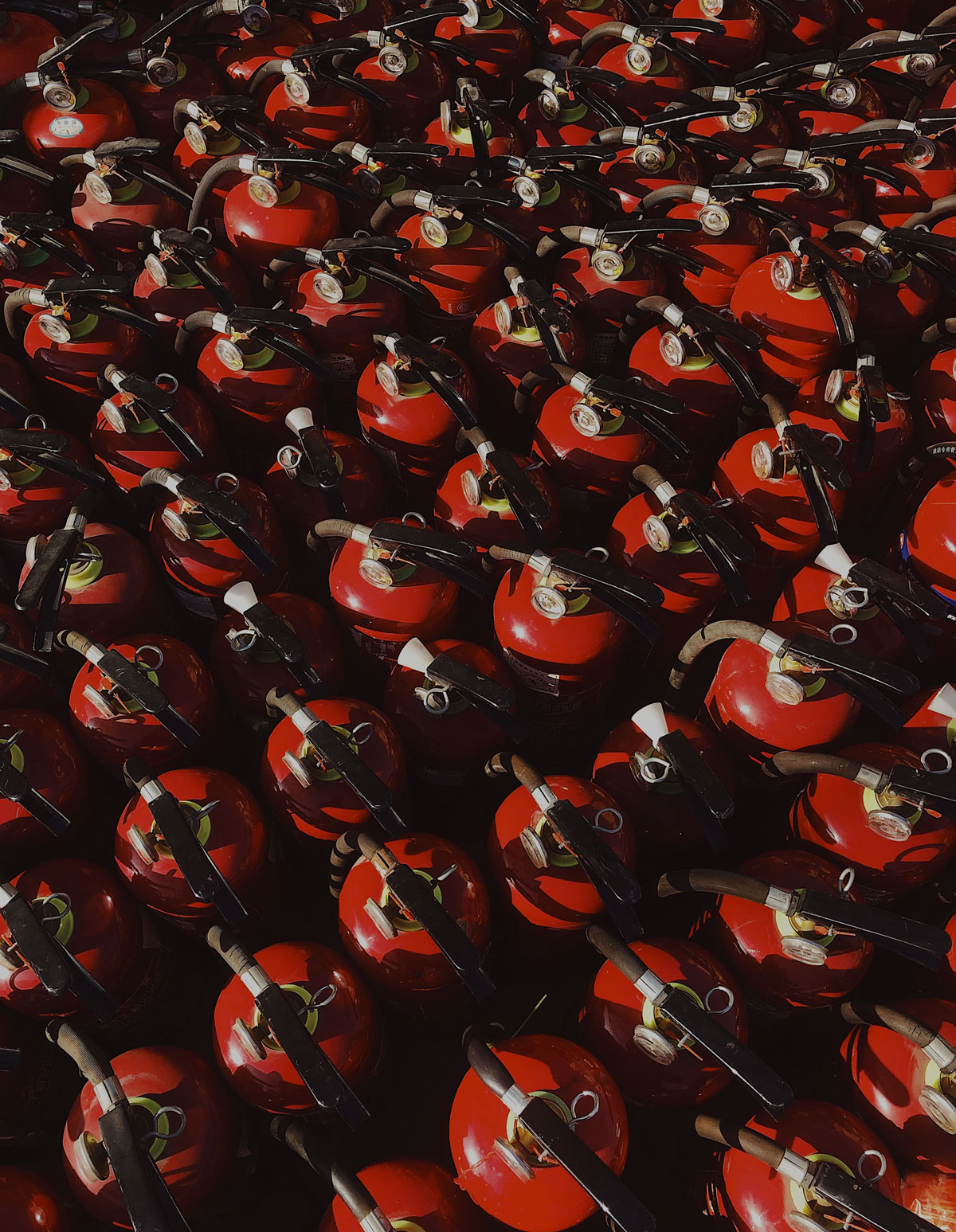ACR has published version 2.0 of the Methodology for the Quantification, Monitoring, Reporting and Verification of Greenhouse Gas Emission Reductions and Removals from Certified Reclaimed HFC Refrigerants, Propellants, and Fire Suppressants.
Read more
Version 2.0 of this methodology includes changes listed in Methodology Summary of Changes V 1.2 to 2.0.
The intent of the Methodology is to incentivize GHG emission reductions through the use of certified reclaimed HFC refrigerants, propellants and fire suppressants to displace the production and use of virgin HFC refrigerants, propellants, and fire suppressants.
According to the EPA Inventory for U.S. Greenhouse Gas (GHG) Emissions and Sinks: 1990-2019, the substitution of ODS with chemicals used as ODS alternatives such as hydrofluorocarbons (HFCs) accounted for 170.6 MMT CO2eq for year 2019, which is 45.6% of all Industrial Processes and Product Use (IPPU) emissions for that year. HFCs are used as coolants in refrigeration and air conditioning (A/C) systems, as propellants in aerosol sprays and medical devices, as fire-extinguishing agents in fire suppression equipment, and as insulation foam blowing agents. While HFCs are not ODS and therefore an acceptable substitute under the Montreal Protocol, they have high global warming potentials (GWPs) and contribute to GHG emissions.
According to the HFC reclamation data reported to the U.S. EPA, for years 2017 to 2020, only around 2% of the HFC available for use in the U.S. came from reclaimed HFC for all four years. Typically, virgin (newly produced, never previously used) HFC is used to “charge” refrigeration and A/C systems and various types of equipment when they are manufactured and installed, and when the systems leak during normal operations. Re-using previously used HFC that has been recovered from equipment, and reclaimed to virgin-grade purity, either to “recharge” existing systems that require servicing, or in newly manufactured equipment, displaces new production of virgin HFC that would otherwise be manufactured to meet that demand.
ACR is an internationally recognized carbon crediting program that operates in global compliance and voluntary carbon markets. A nonprofit enterprise of Winrock International, ACR was founded in 1996 as the first private greenhouse gas (GHG) registry in the world with the mission of harnessing the power of markets to improve the environment.



